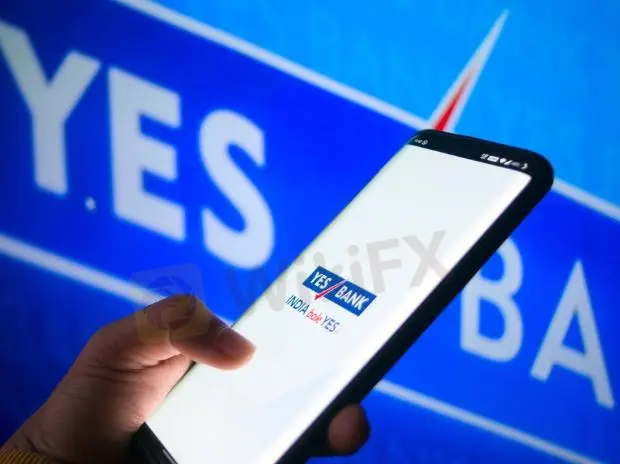简体中文
繁體中文
English
Pусский
日本語
ภาษาไทย
Tiếng Việt
Bahasa Indonesia
Español
हिन्दी
Filippiiniläinen
Français
Deutsch
Português
Türkçe
한국어
العربية
Sebi probes collusion between big bond investors and YES Bank
Abstract:The Securities and Exchange Board of India (Sebi) has asked some of the large investors if they were ‘warehousing’ perpetual bonds of Yes Bank before the securities were palmed off to unsuspecting retail investors.
The Securities and Exchange Board of India (Sebi) has asked some of the large investors if they were ‘warehousing’ perpetual bonds of Yes Bank before the securities were palmed off to unsuspecting retail investors.
Why did these big, institutional investors sell down the papers soon after buying them in the primary market? Did they receive any incentives from the private sector lender? Was there a back-to-back arrangement?
“From time to time, Yes Bank RMs (relationship managers) used to either call or email us to tell the names of interested buyers of these bonds, along with quantity and price... However, we sold only a small portion to retail investors,” said an official with one of the institutions.
Yes Bank has shown a good up-move in the past few sessions. Notably, this private banking stock didnt participate in the Banking rally. After being included in MSCI list, the stock has seen some good traction. There was some pressure on the stock in morning after a bulk deal but again saw buying at lower levels and moved strongly after that. The stock has risen 14% in just the last 5 trading sessions.

Disclaimer:
The views in this article only represent the author's personal views, and do not constitute investment advice on this platform. This platform does not guarantee the accuracy, completeness and timeliness of the information in the article, and will not be liable for any loss caused by the use of or reliance on the information in the article.
WikiFX Broker
Latest News
Exposing the Top 5 Scam Brokers of March 2025: A Closer Look by WikiFX
Gold Prices Climb Again – Have Investors Seized the Opportunity?
Webull Launches SMSF Investment Platform with Zero Fees
Australian Regulator Warns of Money Laundering and Fraud Risks in Crypto ATMs
The Withdrawal Trap: How Scam Brokers Lure Victims into Paying More
FCA to Investors: Think Twice Before Trusting These Brokers
Trump\s tariffs: How could they affect the UK and your money
Trump gambles it all on global tariffs he\s wanted for decades
TradingView Brings Live Market Charts to Telegram Users with New Mini App
HTFX Spreads Joy During Eid Charity Event in Jakarta
Currency Calculator







